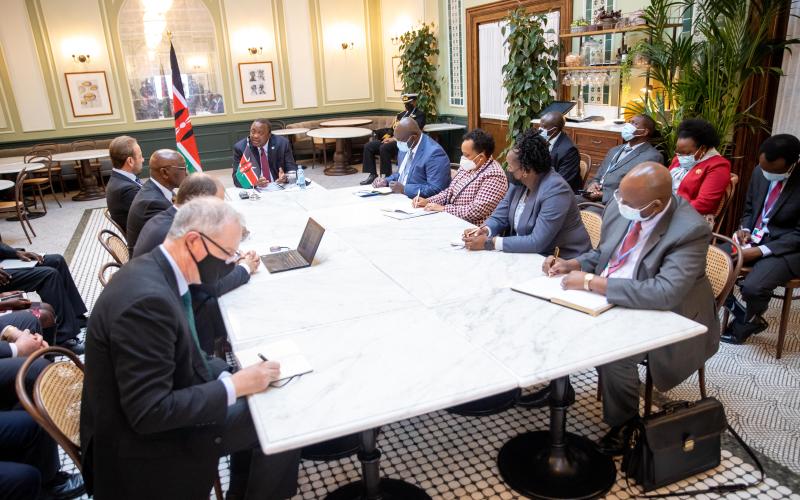
Characterised by access difficulties, moving speeches and high expectations from the negotiations, the 26th Conference of Parties (COP26) to the UN Framework Convention on Climate Change is turning out to be a mismatch between what the world leaders delivered in their opening remarks and negotiations.
Beforehand, moving the “high-level delegates” with his charm for words, Prime Minister Boris Johnson expressed his disappointment with the commitment by developed countries towards raising the $100 billion needed yearly to support countries worst affected by climate change. He went ahead to express his support to developing countries, saying: “….if I’m forced to choose between them and countries like my own, I’m backing the first group – I’m backing the most vulnerable. And I want you to know we have your back and we are going to support you.”